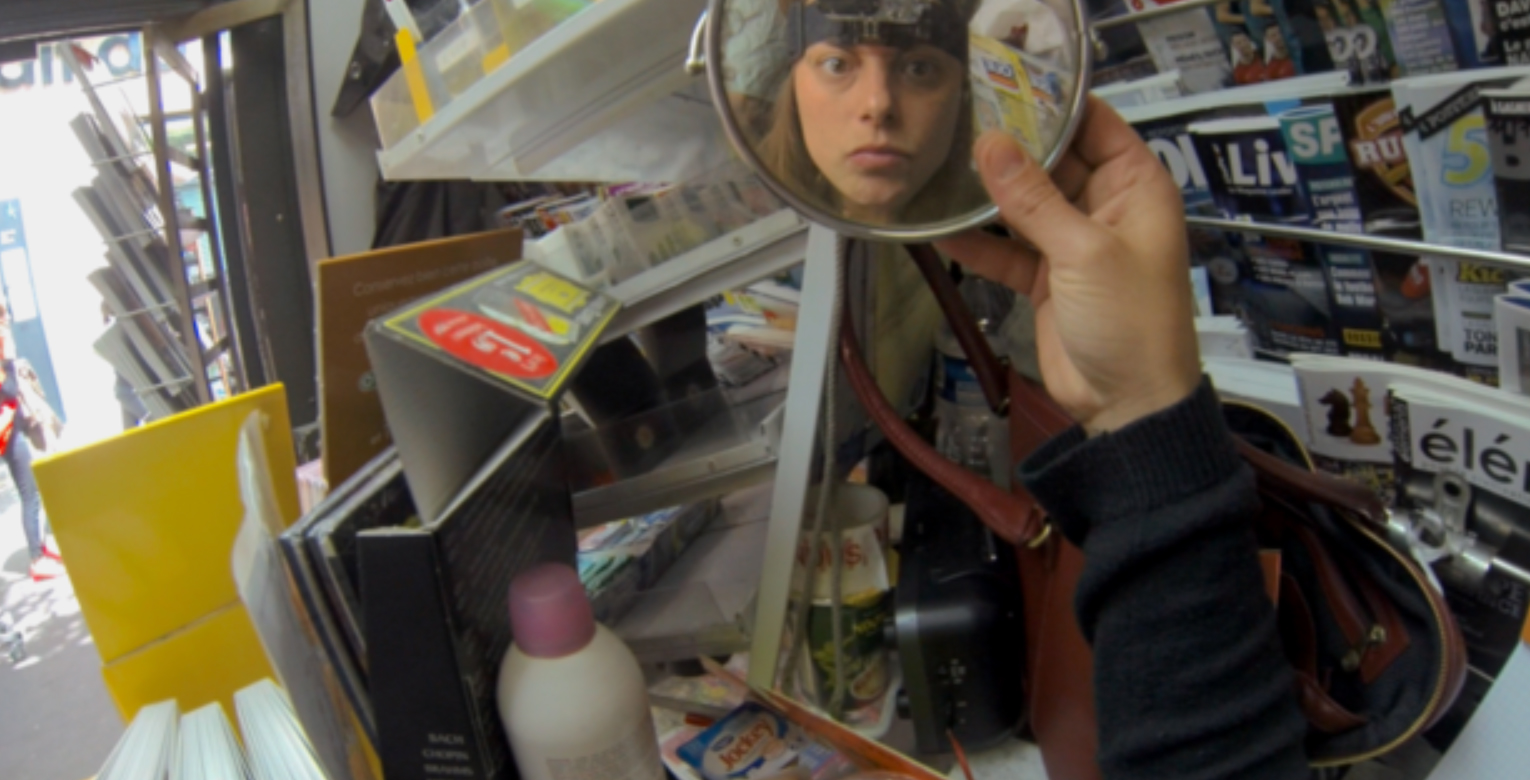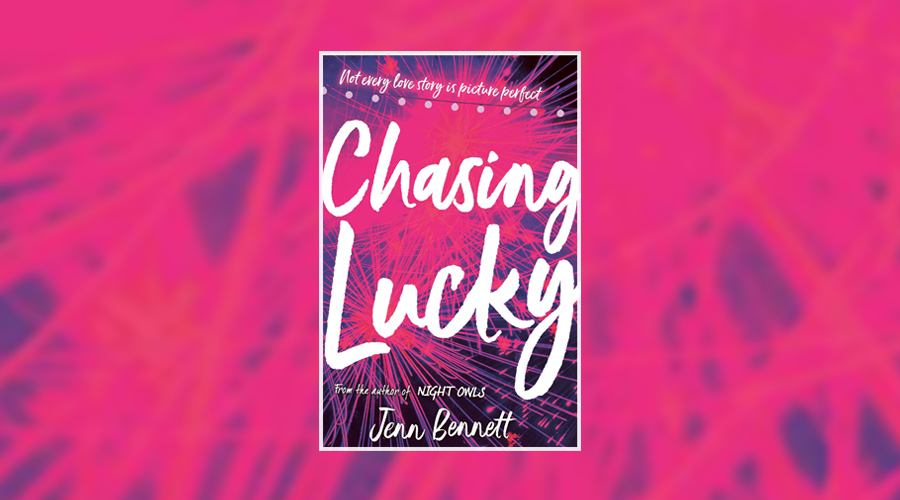The Kiosk – Sheffield Doc Fest Review

There are documentaries that cover huge topics: race, war, general global injustice. And documentaries that cover flashy subjects: fame, fortune, scandal. They’re usually the ones that get all the awards and attention. Then there are the documentaries that have a much smaller scope, like Alexandra Pianelli’s The Kiosk.
After realising that her years in art school are not going to help her find a job any time soon, Pianelli agrees to help her mother at her Parisian newspaper kiosk, situated in Place Victor Hugo, a busy, wealthy area of the city. She sets her camera (well, her phone), up on the cash register, and we watch her days unfold.
The highlights of Pianelli’s beautiful film are her regulars. We meet a kind homeless man named Damien, who keeps losing his cat. It’s the scenes involving him that give The Kiosk its surprising emotional heft. Then there’s Mariouche, a charming older gentleman who always pops by with coffee and tasty treats. He’s clearly touched when Pianelli returns the favour with some macaroons baked by her sister. Christiane, a fabulous elderly lady, comes in for a chat most days. On one occasion, she excitedly tells Pianelli that one of the inventors of the internet has moved in next door to her, showing her a newspaper with his photo printed. Later on, we notice him standing beside Christiane, before she becomes aware of him. After they’ve swapped pleasantries, and he exits, Pianelli comments that he was ‘a nice looking man’. Christiane denies that he’s her type, but her subsequent blushes and giggles would suggest otherwise…
Pianelli’s camera setup means that for most of the movie, we see the customers as though they are looking directly at us. This lends her documentary a real sense of intimacy and immediacy, as does her playful narration. During down-time, she gives us little economics lessons about how the newspaper kiosk business is run, using models made with cardboard. She likes to guess what a customer will buy based on what they’re wearing (considering the kiosk stocks three thousand newspapers and magazines, she achieves a startling degree of accuracy). She sketches the people who visit, and sticks her artwork up all over the kiosk. Some people might consider a prosaic job like selling magazines to be boring, or beneath them. Not Pianelli. She has fun with it, and that attitude is infectious.
Throughout The Kiosk, there’s an underlying current of elegy. Pianelli’s mother is getting on in years, and is struggling with the various discomforts of the job: the lack of space behind the kiosk, the lack of toilets, exposure to the elements. That, combined with the industry’s ongoing financial struggle – the effects of the general migration from print to online journalism, a constant stream of strikes – make her management of the business unsustainable. She decides to sell. In the final scene, we see the kiosk closed down and taken away on the back of a truck. It doesn’t seem right, somehow, that a place that has hosted so many characters and so much intrigue can even fit on the back of a truck.
The Kiosk is a celebration of the beauty of the everyday, an acknowledgement that even the most prosaic of places are full of stories, and a lament for all that we’ve sacrificed on the altar of technological advancement. Not bad for a 78-minute documentary shot on an iPhone.
★★★★★
The Kiosk is available to stream until 10 July via the Sheffield Doc Fest website for £4.50.


